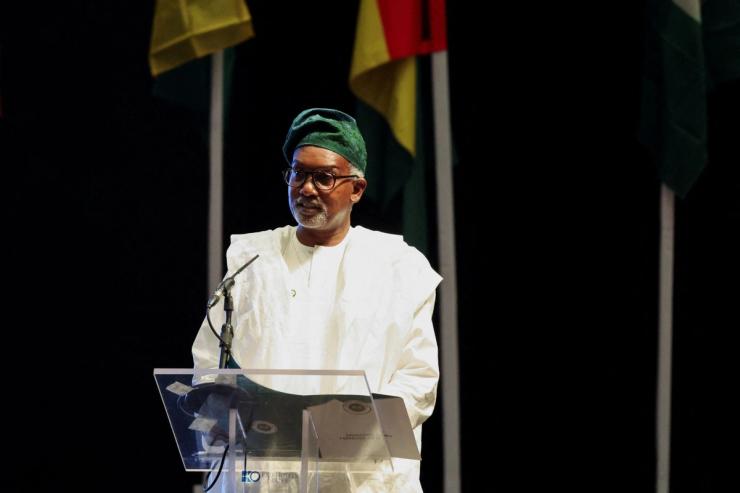The News
Nigeria’s foreign minister rejected accusations by US lawmakers that the government is facilitating violent attacks against Christians, arguing that resource-based tensions in some communities have been distorted to suit narratives of religious persecution by interest groups.
The Nigerian government has come under fire from lawmakers in the US and the European Parliament in recent weeks following reports of conflict in which majority-Christian communities in Nigeria’s central region appear to have been attacked. US Senator Ted Cruz accused Nigerian officials of “ignoring and even facilitating the mass murder of Christians by Islamist jihadists,” pledging to hold them accountable through a religious freedom bill he introduced to Congress in September. US Congressmen Riley Moore and Chris Smith have called for Nigeria to be redesignated a Country of Particular Concern (CPC) over religious repression, and even comedian Bill Maher has weighed in, falsely alleging a “Christian genocide” in Nigeria.
Yusuf Tuggar, Nigeria’s foreign minister since 2023, said the comments were the latest of several efforts over the years by “certain groups, including opposition groups within Nigeria” to place the nation on the US’ annual CPC list based on false premises of religious persecution. “Lobby groups and even comedians — and they are comedians, we must not forget — are revving up these sentiments,” he said.
In an interview with Semafor, Tuggar said the communal conflicts in Nigeria were linked to pressures on resources, with Nigeria’s population — roughly split between a predominantly Muslim north and mainly Christian south — projected to nearly double in coming decades amid changes to the climate. He also reiterated points made in recent rebuttals by other Nigerian government officials — that the country has no state religion, and is not allowing attacks against Christians.
“We’re going to be 400 million people in the next 25 years, so there will be more contests for farm land and grazing land, mineral resources, and water,” Tuggar told Semafor. Competition for livelihoods in states bordering Nigeria’s two major converging rivers have sometimes produced conflicts between neighboring groups who may be religiously diverse, he said.
Know More
The perception of persecution against Christians is one of a handful of foreign policy headaches that Nigeria has had to combat in the past year, testing the strength of its global relationships, especially with the US.
The Trump administration in July slashed the length of stay for Nigerian tourists and business visitors to the US to three months at a time, part of a wider review of reciprocal non-immigrant visas policy. Nigeria had been on a list of 25 African countries that the administration was considering for visa restrictions.
In the months since, African countries including Ghana and Uganda have accepted deportees from the US, but Nigeria maintains its refusal even if it could produce economic benefits or favorable visa terms, Tuggar said. “We are not going to accept third country nationals from any country — we’ve made our position very clear to the US and it is well understood. They have not made additional overtures about it,” he said.
Nigeria is one of the countries that will be affected should the AGOA pact that has provided African countries with preferential access to the US market not be renewed following its expiry last month. US trade in goods and services with Nigeria rose nearly 17% year-on-year to $13 billion in 2024.
The West African country has pushed to expand its trade alliances this year, notably joining the BRICS bloc of developing nations as a partner country. Trump had threatened to impose 10% tariffs on countries that align with the “anti-American policies” of the bloc. “The US has not expressed any reservations about us becoming a BRICS partner. Perhaps it has issues with the member countries, but we take decisions in Nigeria’s strategic interests and not those of other countries,” Tuggar said.
Notable
- Nigerian leaders’ responses to Cruz skip over his observations that some local codes criminalize expression perceived as insulting religion, thereby extending “the pattern of ignoble silence on blasphemy violence in northern Nigeria,” writes Ebenezer Obadare of the Council on Foreign Relations.


